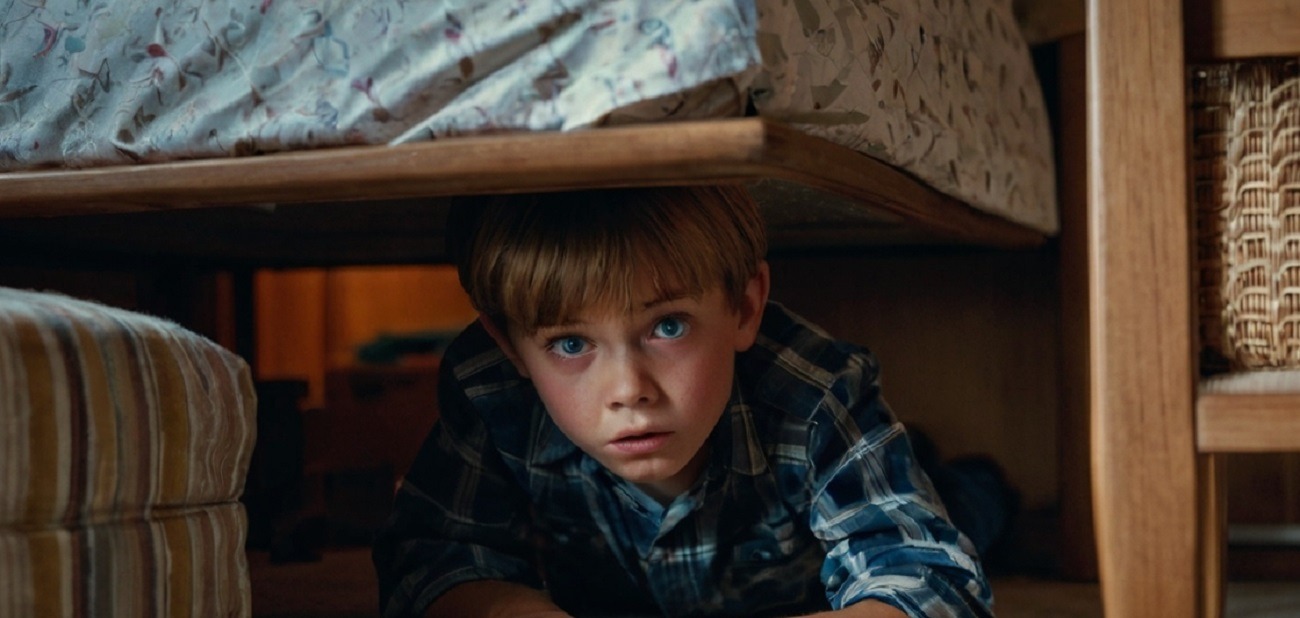According to attachment theory, we all develop one of three attachment strategies from childhood, depending on our relationships with our parents. These are secure (healthy relationships), anxious (a person constantly fears being abandoned), or avoidant (keeping everyone at a distance to avoid pain) attachment styles. Researchers from Iran, led by Alireza Shamsi, decided to investigate how people’s attachment strategies affect their sleep.
The authors recruited 232 volunteers, 98 of whom had depression and the rest of whom were healthy. The scientists found that patients with depression were significantly more likely than healthy individuals to have an anxious or avoidant attachment style, as well as the strangest and most unusual dreams, including episodes of sleep paralysis and false awakenings. But people without diagnoses also carry their attachment strategies from childhood. So, it is not depression that affects dreams but rather one’s attachment type.
It turns out that the more a person worries about relationships or avoids them, the stranger and more unusual their sleep becomes. States that we call phase states, such as false awakenings, sleep paralysis, and out-of-body experiences, occur more frequently among these individuals. However, the authors did not find any connection with lucid dreams.
Do your attachment type and phase experience confirm the authors’ conclusions?
The article was published in January 2025 in Current Psychology.
Get all the latest news about lucid dreams via our channels on Telegram, Facebook, Twitter




